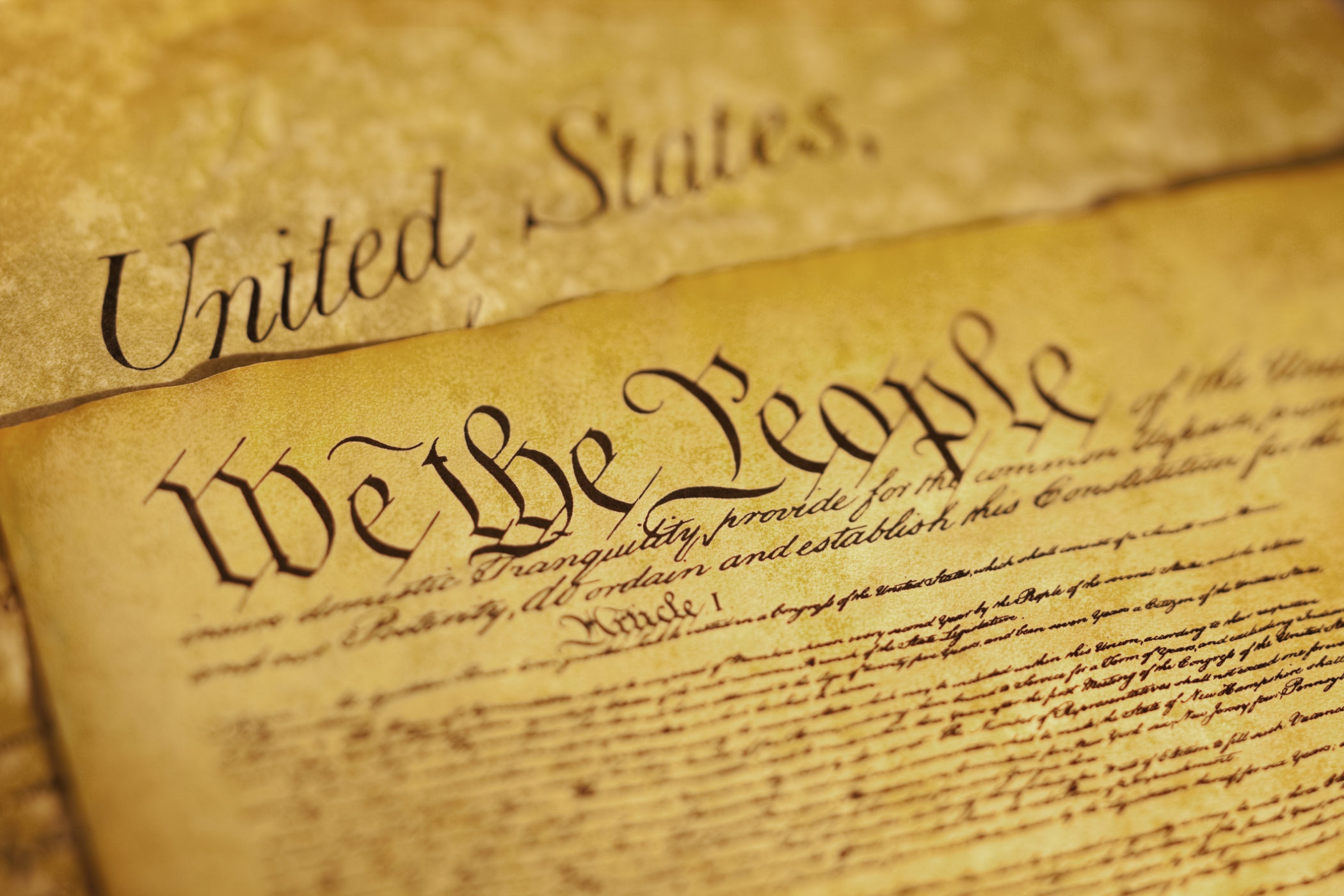Supremacy Clause of the Constitution. Marshall did not stop there. He unilaterally defined the “supremacy clause,” and the “necessary and proper clause” of the Constitution. First, as to the“supremacy clause,” “If any one proposition could command the universal assent of mankind, we might expect it would be this—that the government of the Union, though limited in its power, is supreme within its sphere of action.” But the “necessary and proper clause,” wrote Marshall, “purport[s] to enlarge, not to diminish the powers vested in the government. It purports to be an additional power, not a restriction on those already granted.” So, the government has limited powers, but those limited powers are infinite and implied. In1788 Marshall had said that the federal government had “enumerated” and “delegated” powers. He skirted around this apparent contradiction by stating that under a “strict interpretation” of the Constitution, even many of the enumerated powers could not be applied, so that only a “loose interpretation” of the Constitution allowed Congress to do its “job” of passing expansive legislation.
Supremacy Clause of the Constitution
His final blows at states’ rights were in the aforementioned Cohens v. Virginia and the 1824 decision of Gibbons v. Ogden. The Cohens decision was a follow-up to the McCulloch case and the Gibbons decision expanded federal power by declaring that the federal government, through the power to regulate commerce, had the power to “prescribe the rule by which commerce is to be governed. This power, like all others vested in Congress, is complete in itself, may be exercised to its utmost extent, and acknowledges no limitations, other than are prescribed in the constitution.” Under this definition, anything that might be considered “commerce” falls under federal jurisdiction and regulation.
Cite This Article
"Supremacy Clause of the Constitution" History on the Net© 2000-2024, Salem Media.
July 27, 2024 <https://www.historyonthenet.com/supremacy-clause-of-the-constitution>
More Citation Information.






